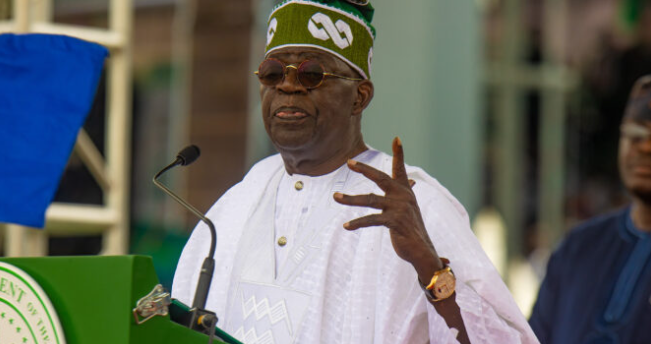PM NEWS
Every society has a legitimate interest in determining what ends its media systems are directed to.
Every media system has a historic duty to develop, promote, and protect its vision of the professional practice that it has earned for itself.
In the same vein, every government tries to put in place a media system that does not give them endless sleepless nights.
Nigeria has a rich history of an ambivalent relationship between the media, its citizens, and the government. In broad terms, whilst some see the media as an important pillar of democracy that has demonstrated commendable resilience and patriotism over the years, others may choose to see it as a meddling tool of the privileged and powerful to foist their own biases on society, pretending to serve the public good. Yet many also see it as a powerful tool that needs steady guidance and support for it to play out its true role as a guiding light of society.
The Nigerian media subscribes to a guiding philosophy of journalism that is free, strong, and socially responsible.
The challenge has always been to marry the interests of the government, media, and the public in such a way that the attending tensions and conflicts are managed in a way that does not destroy the binding social cords.
How does society achieve this delicate balancing act? It is through an understanding of the rules of engagement that are encapsulated in the journalists’ professional code of ethics. It is through the use of civilised engagements, and the instruments of the law. But because not all conflicts need to end in the law courts and not all conflicts are of a criminal nature, there is the alternative dispute resolution mechanism that allows for such conflicts arising from alleged ethical violations to be resolved through mediation.
The media ombudsman mechanism is one such body that has been established to handle complaints of an ethical nature against Nigerian journalists and media organisations. It involves receiving complaints of an alleged ethical breach from any member of the public, serving such notice to the media where there is merit in it, and inviting a response. It involves arriving at a decision after a thorough and fair review.
Publication of rulings:
If the Ombudsman upholds the complaint, the publication…



